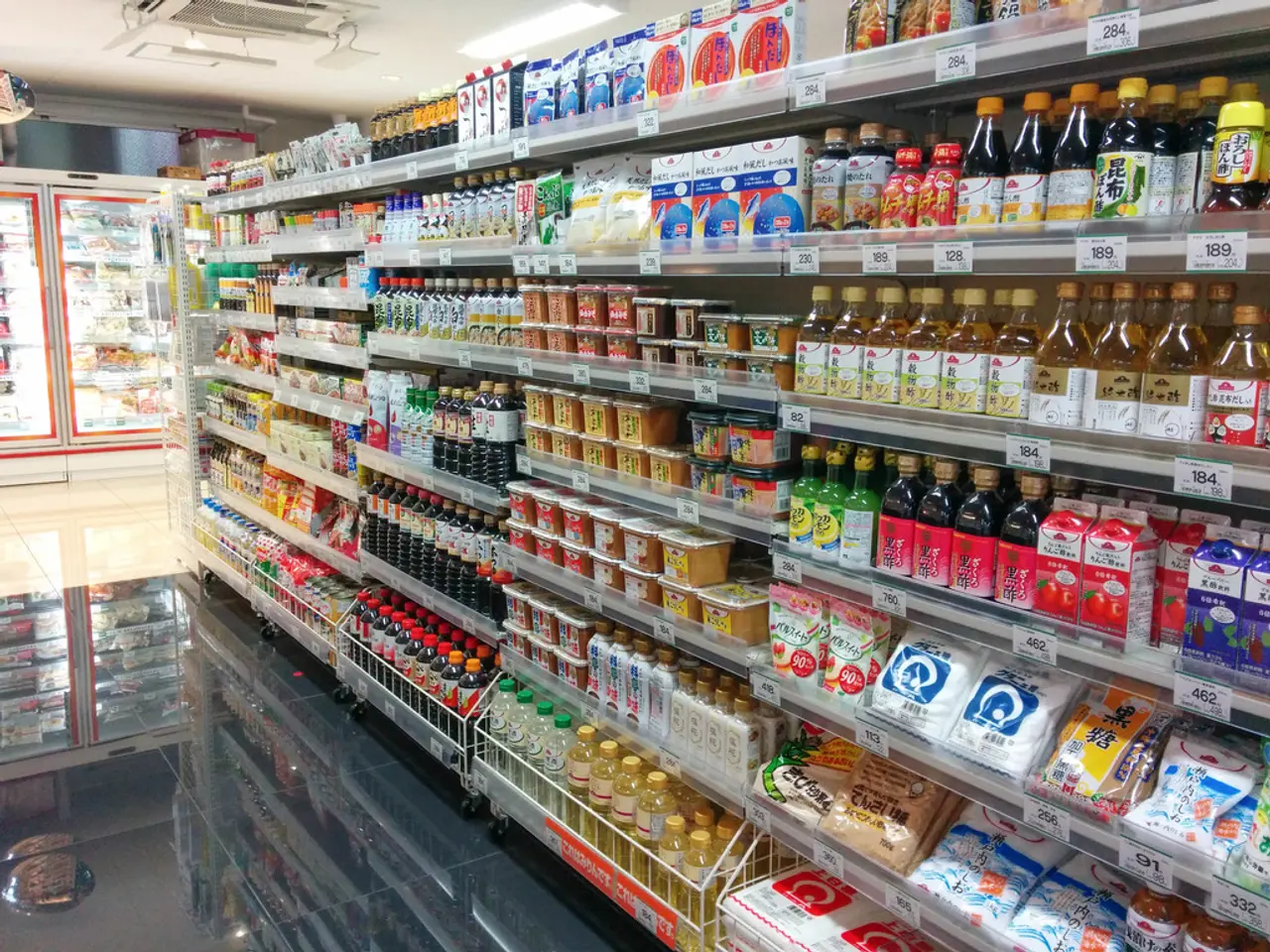Increased tariffs implemented on foreign goods entering the United States from trade allies
On 31st July 2025, US President Trump issued an Executive Order titled "Further Modifying the Reciprocal Tariff Rates." This order, building upon Executive Order 14257, imposes additional ad valorem duties on goods from certain trading partners, effective 7th August 2025.
The new tariffs will significantly impact businesses involved in importing or exporting goods, particularly those trading with the EU, China, and other major US trade partners. For non-listed trading partners, goods will be subject to an additional ad valorem duty of 10%, while the new tariffs will apply a 15% duty on European Union goods with a Column 1 Duty Rate below 15%, and 0% if it is 15% or higher.
The Executive Order also includes provisions for addressing transshipment. If US Customs and Border Protection (CBP) determines that an article has been transshipped to evade applicable duties, it will be subject to an additional ad valorem duty of 40%.
To manage compliance and cost exposure, businesses should monitor trade developments, assess supply chain impacts, and consider strategies such as valuation planning, duty deferral, and contract reviews. Valuation planning, such as first sale for export, warranty push down, and bifurcating product and non-product costs, are potential strategies for businesses.
Duty drawback for the qualified imports (e.g., those affected by the tariffs) is another potential strategy. Companies should also consider supply-chain mapping and country-of-origin analysis to understand the impact of the tariffs based on their manufacturing footprint and the US non-preferential rules-of-origin rules.
Companies should review US-continuous-import-bond sufficiency to help ease the import of goods. Affected companies should closely track dates of entry for imports to apply the applicable rates. Goods already in transit prior to 7th August 2025 will not be subject to the new duties.
The Secretary of Commerce and the United States Trade Representative are tasked with monitoring the circumstances of the emergency declared in Executive Order 14257 and regularly consulting with senior officials. They will inform the President of any circumstances that may indicate the need for further action or adjustments to the tariffs based on the responses of foreign trading partners.
For more information, businesses can contact Ernst & Young LLP (United States), Global Trade. Contact information for their team is available: Sergio Fontenelle, Lynlee Brown, Nathan Gollaher, Michael Heldebrand, Helen Xiao, Bryan Schillinger, Jay Bezek, Prentice Wells, Shane Williams, Renata Natalino, Parag Agarwal, Nesia Warner, Celine Petersen, Cody Davis, Tanna Johnson, Christopher Bourdganis, Ilona van den Eijnde, James Lessard-Templin, Sundar Markandan, Mary Cheng, Max Patel.
It is crucial for businesses to prepare for these changes to ensure smooth operations and minimise any potential financial impacts. The new tariffs may also include other applicable fines or penalties.
Read also:
- visionary women of WearCheck spearheading technological advancements and catalyzing transformations
- Recognition of Exceptional Patient Care: Top Staff Honored by Medical Center Board
- A continuous command instructing an entity to halts all actions, repeated numerous times.
- Oxidative Stress in Sperm Abnormalities: Impact of Reactive Oxygen Species (ROS) on Sperm Harm








